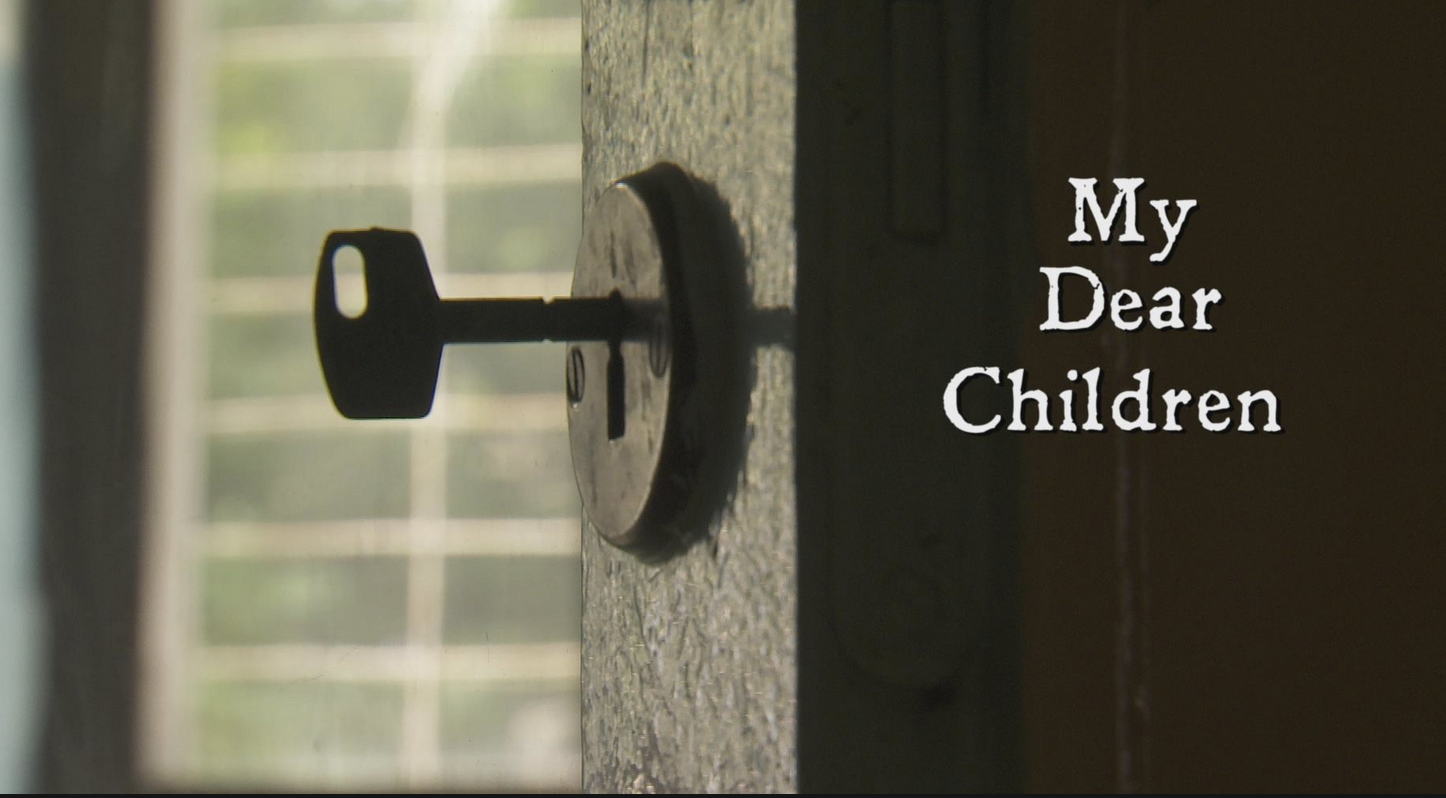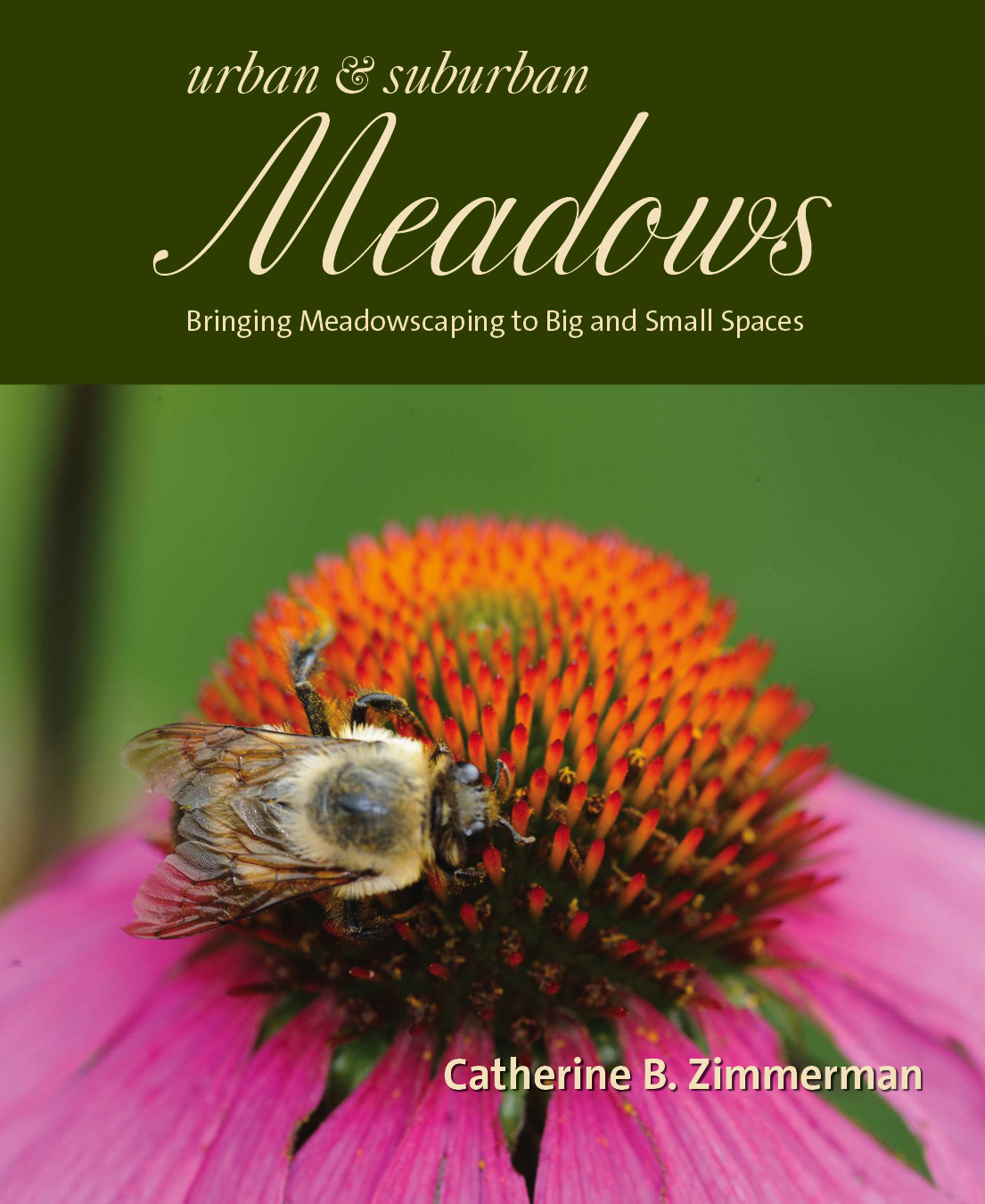











About the Filmmaker
Catherine Zimmerman has a long history of telling stories in film and video starting in 1975. She was the first camera woman at the NBC affiliate in Dayton, Ohio. She knows something about being “the other” as a female pioneer in a male dominated industry. Moving from Ohio to the Washington DC metro area, she spent five more years shooting for local and network news organizations before deciding, 40 years ago, to go independent and drive her own story.
Since then, she has filmed a wide spectrum of fascinating people from the most powerful figures to the most overlooked in society. She won a White House News Photographer award for her documentary A Chance for Tomorrow, which dealt with childhood cancers. That project led to a fifteen-year partnership with Children’s National Medical Center.
As director of photography, Catherine captured the emotional rollercoaster that families take when a child is stricken with a life-threatening disease. She was in the operating room for kidney and heart transplants, brain surgery-and with the families before and after. Her award-winning cinematography captured moments that told intimate stories of heartbreak and joy.
Throughout her career, Catherine has had the good fortune to travel the US and Internationally working with independent producers, CNN Productions, The Discovery Channel, 60 Minutes, The Holocaust Museum as well as foundations and non-profits.
In the last 15 years she has focused primarily on environmental and social justice issues. She was the director of photography on My Dear Children a documentary produced by Golden Rule Productions, shot in Poland, Ukraine and South Africa. The film follows the journey of Feiga Shamis, a Jewish mother, and traces her efforts to save two of her children from the near obliteration of Jews in Europe between World War 1 and World War 2.
Catherine has become one of the leading eco-voices writing a book and producing a companion video, Urban and Suburban Meadows, about native plants and natural landscapes.
She followed that independent film with Hometown Habitat, Stories of Bringing Nature Home, which has been widely screened across the US and Canada. The film addresses how and why native plants are critical to the survival and vitality of ecosystems and challenges the notion that humans are here, and nature is someplace else. Inspiring stories of community commitment to conservation landscaping illustrate that humans and nature can co-exist with mutual benefits.
Now her attention turns to IDEN. A story about her niece, a bi-racial, firefighter/paramedic, married and parent of three children, who came out as a trans female at the age of 41. Watch this space.



